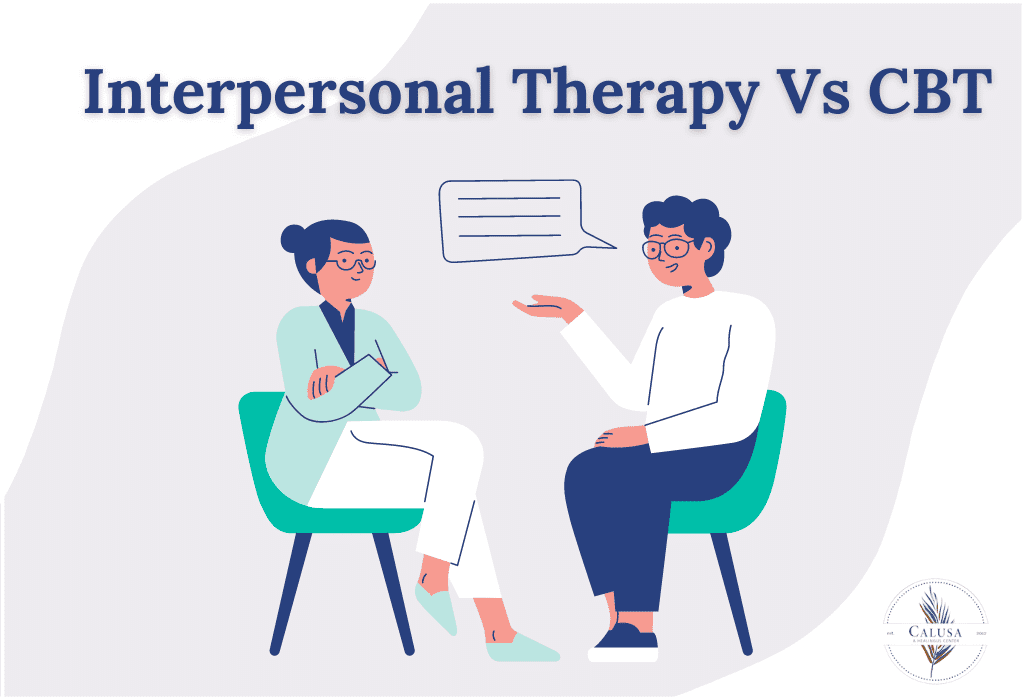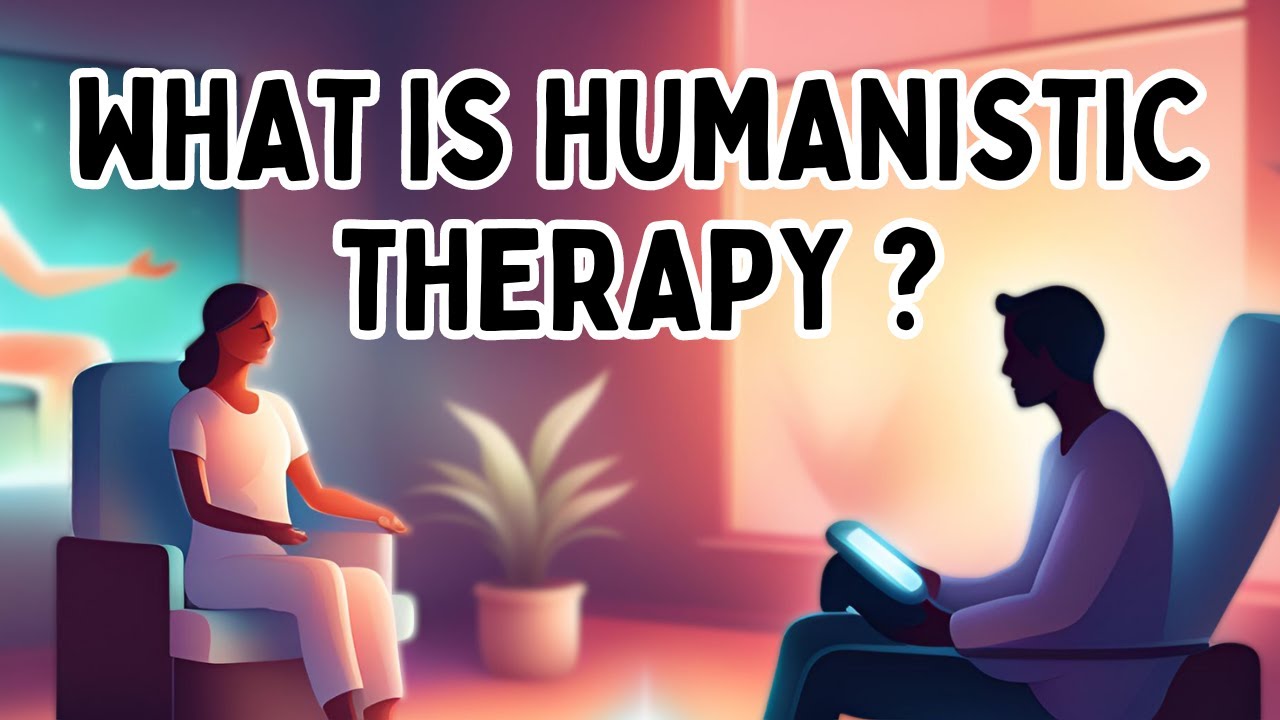Absolutely! Dialectical Behavior Therapy (DBT) is a comprehensive and evidence-based treatment approach that has been particularly effective in addressing complex mental health conditions, such as borderline personality disorder. Here’s a detailed look at DBT:
Understanding Dialectical Behavior Therapy (DBT)
DBT is a form of cognitive-behavioral therapy (CBT) that incorporates mindfulness practices and acceptance strategies. It was originally developed by Dr. Marsha Linehan to help individuals with borderline personality disorder manage intense emotions, improve interpersonal relationships, and reduce self-harm behaviors. However, DBT has since been adapted to treat a wide range of mental health conditions, including depression, anxiety, substance abuse, and eating disorders.
Key Concepts
- Dialectics: DBT is rooted in the concept of dialectics, which emphasizes the interplay of opposing forces. This helps individuals recognize and accept contradictory thoughts and emotions.
- Mindfulness: Mindfulness practices, such as meditation and yoga, are central to DBT. These practices help individuals stay present, focus on the moment, and develop greater self-awareness.
- Acceptance: DBT encourages acceptance of difficult emotions and situations, rather than trying to suppress or avoid them.
- Change: While DBT emphasizes acceptance, it also promotes change and the development of new skills.
The Therapeutic Process
DBT typically involves individual therapy sessions, group therapy, and phone coaching. The therapeutic process focuses on four core areas:
- Mindfulness: Clients learn to focus on the present moment, observe their thoughts and feelings without judgment, and develop greater self-awareness.
- Distress Tolerance: Clients develop skills to manage intense emotions and tolerate discomfort without resorting to self-harm or impulsive behaviors.
- Emotion Regulation: Clients learn to identify, understand, and regulate their emotions in a healthy way.
- Interpersonal Effectiveness: Clients improve their communication skills, assertiveness, and problem-solving abilities to build and maintain healthy relationships.
Benefits of Dialectical Behavior Therapy
- Reduced Self-Harm: DBT has been shown to significantly reduce self-harm behaviors and suicidal ideation.
- Improved Emotional Regulation: Clients develop better skills to manage intense emotions and avoid impulsive actions.
- Enhanced Interpersonal Relationships: DBT helps clients improve their communication skills and build healthier relationships.
- Increased Mindfulness: Mindfulness practices promote greater self-awareness and present-moment focus.
- Improved Quality of Life: DBT can lead to a significant improvement in overall quality of life.
Limitations and Considerations
- Intensive Treatment: DBT is an intensive therapy that requires significant time and commitment from both the client and the therapist.
- Not Suitable for Everyone: DBT may not be suitable for everyone, particularly individuals with severe psychotic disorders or limited cognitive abilities.
- Requires Skilled Therapists: DBT requires specialized training and expertise from therapists to effectively implement the treatment.
Conclusion
Dialectical Behavior Therapy is a powerful and effective treatment approach for individuals struggling with complex mental health conditions. By combining cognitive-behavioral techniques, mindfulness practices, and acceptance strategies, DBT helps clients develop the skills they need to manage their emotions, improve their relationships, and live a more fulfilling life. While it may not be suitable for everyone, DBT can be a transformative experience for those who are willing to commit to the process.




